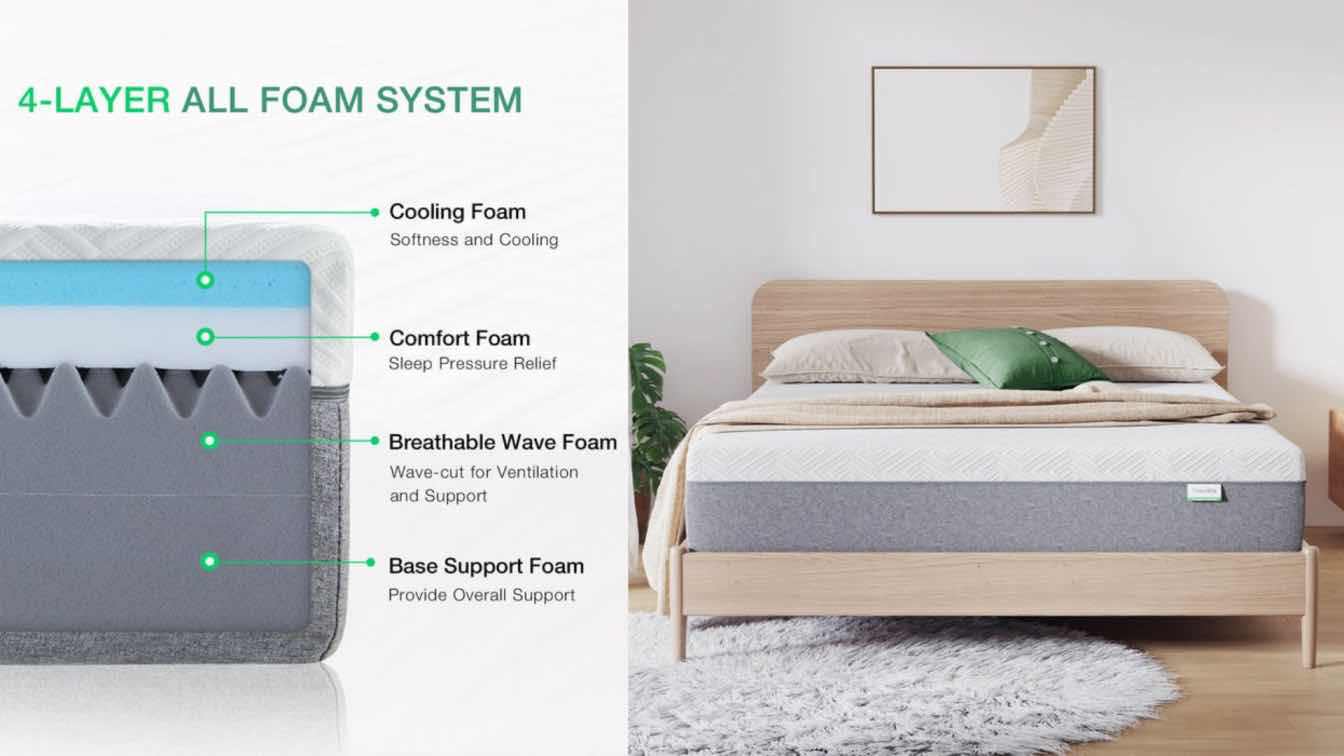Congratulations on buying a condo! You are now a proud homeowner—however, owning a condo also comes with a whole slew of potential responsibilities, from casting your condo association voting ballot to getting the proper insurance . Even though the condo association handles ground care and most building repairs, you still want to consider getting condo insurance in Illinois.
No, condo insurance is not required by law, but it’s still something you want to have. If you’re currently on the fence about purchasing insurance or think the HOA’s policy covers everything, there are a few things you should know.
What Illinois Law Says About Condo Insurance
While condo owners do not need to rush out and purchase a policy to meet legal requirements, it’s different for HOAs (homeowners associations) and Condo Associations.
According to section 12 of the Condominium Property Act (CPA), the state of Illinois requires condo associations to carry property insurance. However, before you get excited thinking about saving on your property insurance policy, the condo association has specific coverage.
The association’s policy covers the building, including walls, flooring, and ceilings. The policy covers damages to the structure and most repair costs in accordance with current building codes. State law requires condo associations and HOAs to carry at least $1,000,000 in liability insurance. The condo board can vote to increase the coverage rate if it decides it’s necessary.
Understanding the Different Types of Condo Insurance Policies
Before you get a policy to cover your unit, it’s a good idea to find out which type of policy the condo association carries. HOAs can carry either an all-in or a bare walls-in policy; the differences will affect the coverage you should get.
All-in
An all-in, also known as a single-unit policy, covers the walls, floors, ceiling, plumbing, wiring, carpets, and appliances. There may be a stipulation regarding appliance coverage. Most all-in policies only cover the appliances that come with the unit.
For example, if you’re responsible for purchasing appliances like an oven, stovetop, refrigerator, and dishwasher, it’s also up to you to carry the insurance. However, if these appliances come with the unit, the HOA’s all-in policy provides the coverage.
Bare Walls-in
A bare walls-in is the most basic type of insurance condo associations are allowed to cover under Illinois state law, and this type of insurance policy only covers the walls, floors, and ceilings. Your carpet, wiring, plumbing, and appliances are typically not covered under this type of policy.
To find out which type of policy your condo’s HOA is carrying, look at the association’s master doc. The master doc is supplied when the condo is purchased and includes insurance coverage information. It also outlines the common areas, which is always nice to know.
What Is an Individual Condo Insurance Policy
Unless your condo is paid off, your mortgage lender may require you to carry homeowner’s insurance, which is standard, regardless of the type of property you purchase. The condo’s HOA may also require unit owners to carry private insurance. The master doc should let you know if individual insurance is a requirement.
So, what is included in a typical individual condo insurance policy? Most policies are made up of several sections; some may be optional, meaning you may not have to include every section:
Personal property: This section covers your personal property in the condo if these items are destroyed or damaged. Electronics, clothing, and jewelry are examples of personal property.
Personal liability: If someone is injured in your condo, personal liability covers their medical expenses.
Loss of use: This policy section covers expenses associated with staying outside of your condo due to damage. Hotel stays are covered, and some policies also include food orders from restaurants while your condo is unlivable.
Personal injury: If you decide to include this section in your policy, the coverage is for any slander or libel claims made against you.
Loss assessment: Some condos charge a blanket fee to cover damages and repairs to common areas in the condo complex. This section provides coverage for your fees.
Some parts of your individual condo insurance policy may not be necessary, while others are an important inclusion. Since everyone’s situation is different, it’s up to you to decide which type of coverage you need.
What Your Condo Insurance Covers
While every individual condo insurance policy is different, the following are usually covered:
- Appliances, unless coverage is provided by the HOA. In this case, you may be able to remove appliances from your policy.
- Furniture
- Interior walls (Most HOA insurance policies cover exterior walls, but not all include the interior.)
- Wiring and plumbing (If your condo association has an all-in policy, you may be able to leave this off of your coverage.)
- Carpets
- Light fixtures
- Countertops
You list all personal possessions on the policy, and most insurance companies will ask for a detailed list of the personal possessions you want to be covered. Be prepared to take photos of each item.
Some scenarios where your insurance, and that of the HOA, kick in include fire, theft, and damage from storms like tornadoes, hurricanes, floods, and earthquakes. Living in Illinois, you can probably cross hurricanes off of the list of potentially damaging scenarios you may actually encounter.
Why would you consider removing some sections from your individual insurance policy? You may not need double coverage if the condo association’s policy includes appliances, plumbing, and wiring. You may also decide sections like personal injury are not necessary.
Shop Around For the Best Individual Condo Insurance Policy
Condo owners in Illinois have a variety of insurance carriers to choose from. Some are nationwide firms, while others are limited to the state. Take your time and compare rates and coverage options from different companies. Insurance premiums vary, even when companies offer the same coverage.
Don’t forget to read through the condo’s master document carefully. You will find information about the HOA’s insurance coverage. After all, you don’t need double coverage, and if you have it, this doesn’t necessarily mean you can collect on both policies. If you still have questions, don’t hesitate to ask an insurance adjuster.





